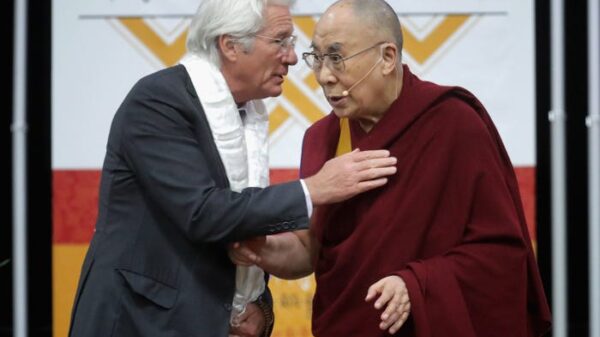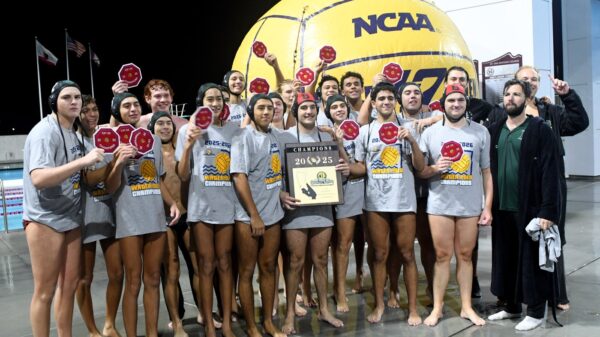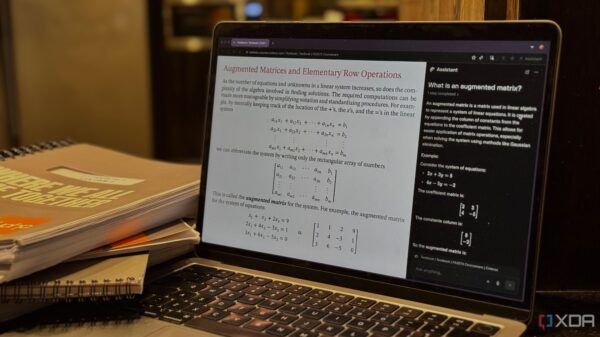Artificial intelligence engineers are increasingly rejecting lucrative offers from major tech firms, exemplified by recent bidding from Meta for talent at Thinking Machines Lab. Notably, co-founder Andrew Tulloch declined an offer reportedly worth up to $1.5 billion, highlighting a shift in priorities among AI professionals.
As competition for AI talent intensifies, industry leaders are digging deep into their budgets, but many engineers are prioritizing their values and mission over financial incentives. This trend is particularly evident among those at Thinking Machines Lab, where Tulloch and his colleagues have chosen to stay loyal to their work and vision, rejecting overtures from Meta’s CEO Mark Zuckerberg.
According to The Wall Street Journal, Zuckerberg attempted to recruit top talent for his new Superintelligence Labs, targeting several high-profile engineers, including Tulloch, who has a distinguished background at both Meta and OpenAI. The compensation package offered could have included substantial stock performance bonuses, but Tulloch, alongside Mira Murati, CEO of Thinking Machines, declined the offers, emphasizing commitment to their mission rather than financial gain.
While Meta has downplayed the specifics of the recruitment figures, it acknowledges its ongoing efforts to attract elite researchers from competing firms. Despite its extensive resources, reports indicate that Meta has successfully hired only a few employees from prominent AI startups. Most attempts to recruit esteemed researchers have resulted in rejections, reflecting a changing landscape in the field.
Many engineers today are influenced by factors beyond salary. The desire to work in collaborative environments under visionary leaders like Murati is becoming more attractive than the prospect of immediate wealth. The sense of loyalty to their mission and a commitment to shaping technology responsibly are significant motivators for these professionals.
This evolving ethos is reshaping the competitive dynamics within the AI sector. Engineers are increasingly valuing trust in leadership, shared purpose, and the ability to influence groundbreaking projects over the financial incentives that once defined the tech industry. As these shifts continue to unfold, they signal a broader transformation in how talent in artificial intelligence is being approached and retained.
The implications of this trend extend beyond individual companies. As a growing number of engineers prioritize their values and ethical considerations in technology development, major tech firms may need to reassess their recruitment strategies and workplace cultures to attract and retain top talent in an increasingly competitive landscape.







































































